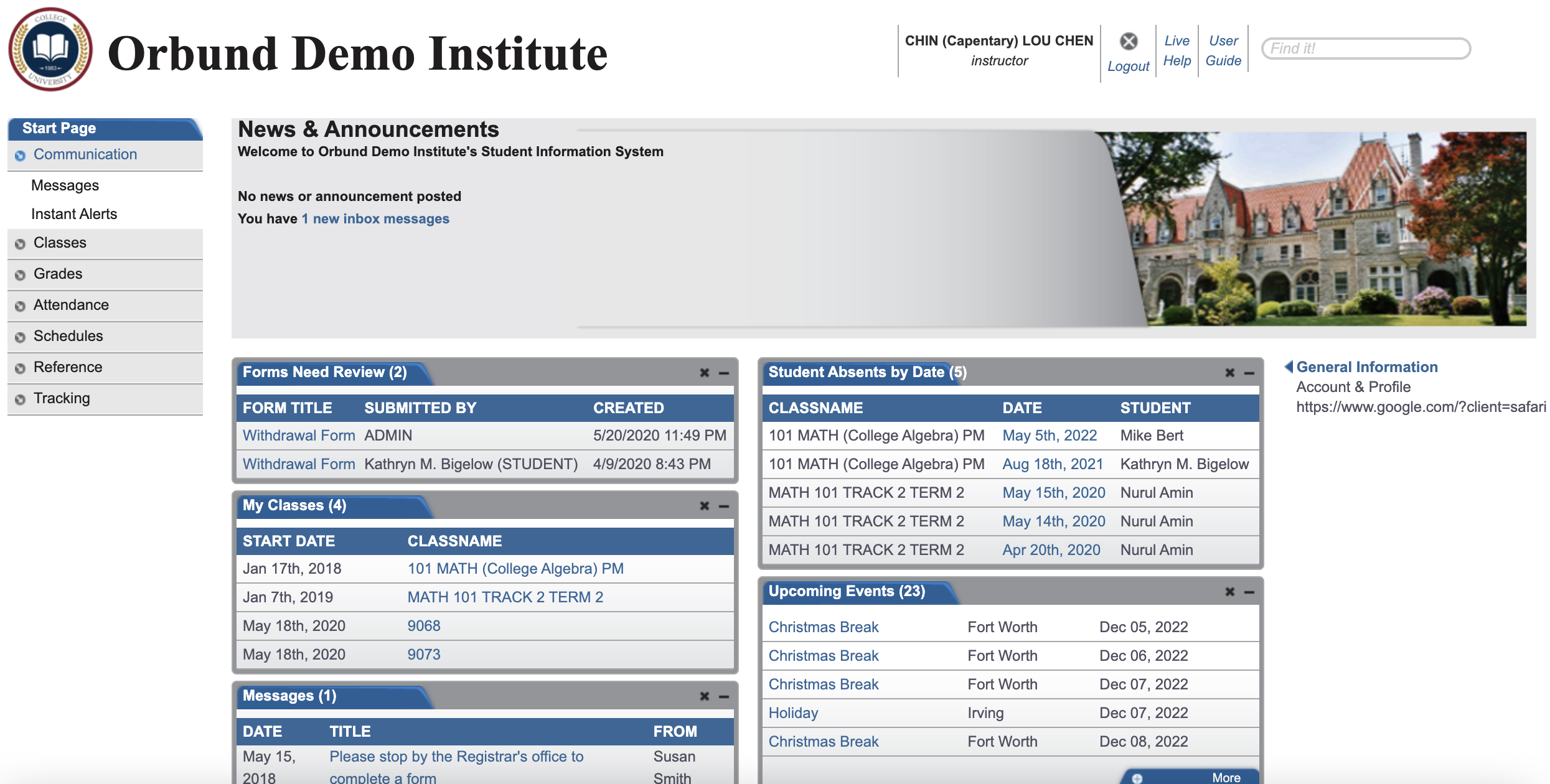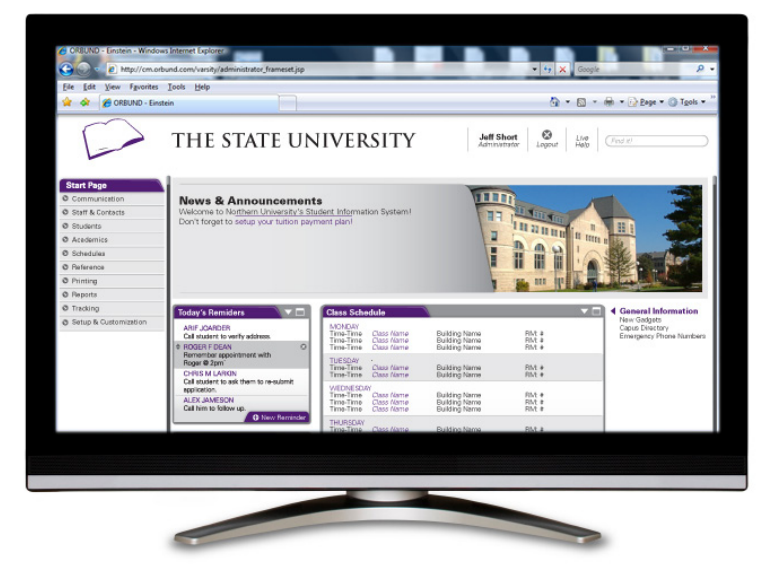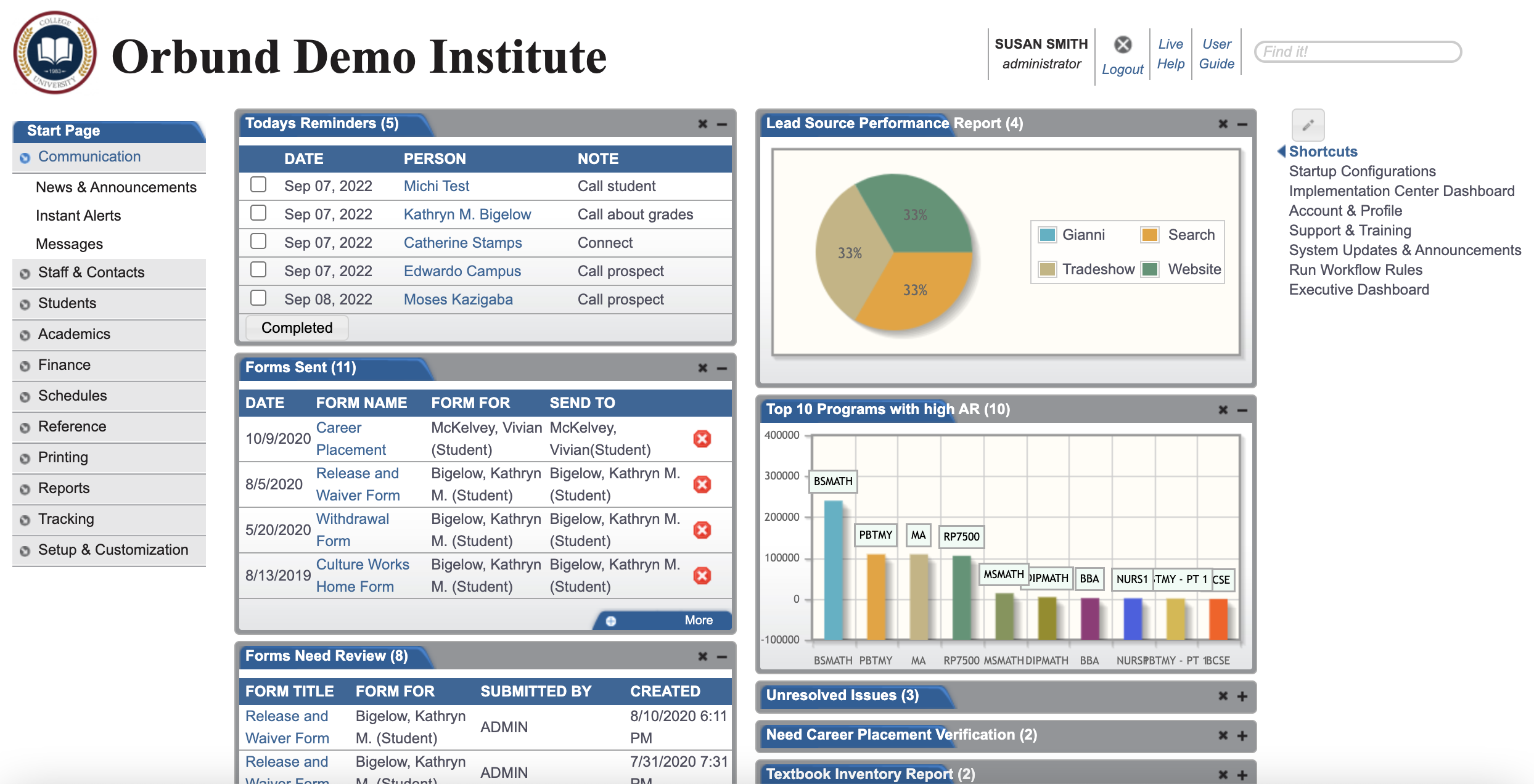Can the digital landscape truly revolutionize the way we learn, or are we merely navigating a complex maze of technological advancements without achieving genuine educational progress? The answer, surprisingly, might lie in the very tools we use, or, perhaps more accurately, in the persistent shortcomings of their implementation and integration.
The echoes of frustration are palpable. The digital realm, once heralded as the great equalizer in education, often delivers a chorus of unmet expectations. "We did not find results for:" a phrase that echoes across the digital divide, reflecting the chasm between the promise of easily accessible information and the reality of a fragmented, often inaccessible digital learning experience. "Check spelling or type a new query" a constant reminder of the limitations of the system, the human element still struggling to keep pace with the machine. And for those navigating the complexities of a specific institution, the need to navigate a separate, potentially confusing login, "Please note, if you are an existing parent, we urge you to use your existing family username & password as previously provided..." illustrates the hurdles facing families, parents, and students alike. The very system designed to empower, frequently creates new points of confusion, often leading to digital frustration.
The focus of much of these technological solutions appears to be aimed at organizational aspects of education rather than at the core educational experience. "Web tools for education management" are frequently touted, seemingly promising a streamlined approach to administrative tasks, which is a separate need to the core experience of learning. The ambition is clear: "Postsecondary schools, academies and online education seek student information systems on the cloud." The emphasis is, clearly, on the systems, less so on the substance of learning. The integration of such systems, such as the "fully featured, orbund's sis includes an integrated crm and learning management system (lms)" demonstrates the ambition of providing, in theory, a full-service operation.
- Diva Flawless Onlyfans Leak What You Need To Know Stay Safe
- Khatrimaza Is It Safe To Download Movies In 2024
This is not to say that digital tools are inherently flawed. Rather, their effectiveness hinges on their thoughtful deployment and their integration within a broader pedagogical framework. The times provided, "Sundays 4 am est to 7 am est" underscore the always-on nature of the digital landscape, offering potential access to information any time any place, yet, the reality often falls short of the promise. Whether it's a back-to-login page to request a password or the persistent repetition of web tools for education management, the very tools designed to free us from the mundane can often become obstacles.
In a world where information is abundant, and seemingly endless, the challenge of education has become one of curation, not simply of access. Of the ability to guide individuals towards relevant, verifiable sources. It's about fostering critical thinking, the ability to discern what is true and meaningful from the deluge of digital noise. The very best educational systems should aim to empower students to be active participants in their learning, not passive recipients of information.
The recurring themes the failed searches, the focus on management systems, the technical difficulties and the repeated mention of accessibility, the need for streamlined administrative functions, and the often-mentioned need for technical support paint a picture of an ecosystem struggling to live up to its potential. Instead, there is a call to critically assess our current tools, and move beyond the superficial promise of technology.
- Vegamovies 4k Your Ultimate Streaming Destination Watch Now
- John Stamos From Blackie Parrish To Beloved Icon A Look At His Journey
The solution doesn't lie in discarding these tools, but in refining them, in ensuring that they serve the educational mission instead of dictating it. It requires a human-centered approach, where technology is a means to an end, and not the end in itself. The focus of the future must be on creating systems that are not only efficient, but also intuitive, engaging, and, above all, supportive of the complex and beautiful process of learning.
Imagine a future where digital tools facilitate inquiry, where they ignite curiosity, and where they empower educators and students alike. A future where the digital realm serves as a vibrant, dynamic space for intellectual exploration. This future is not just possible, it is, arguably, necessary. By confronting the challenges of our current tools, and embracing a forward-thinking, human-centered approach, we have the potential to create the educational landscape of tomorrow.
- Katmoviehd Risks Rewards Of Free Movies What You Need To Know
- Boost Your Reach Viral Content Secrets Tips To Go Viral


